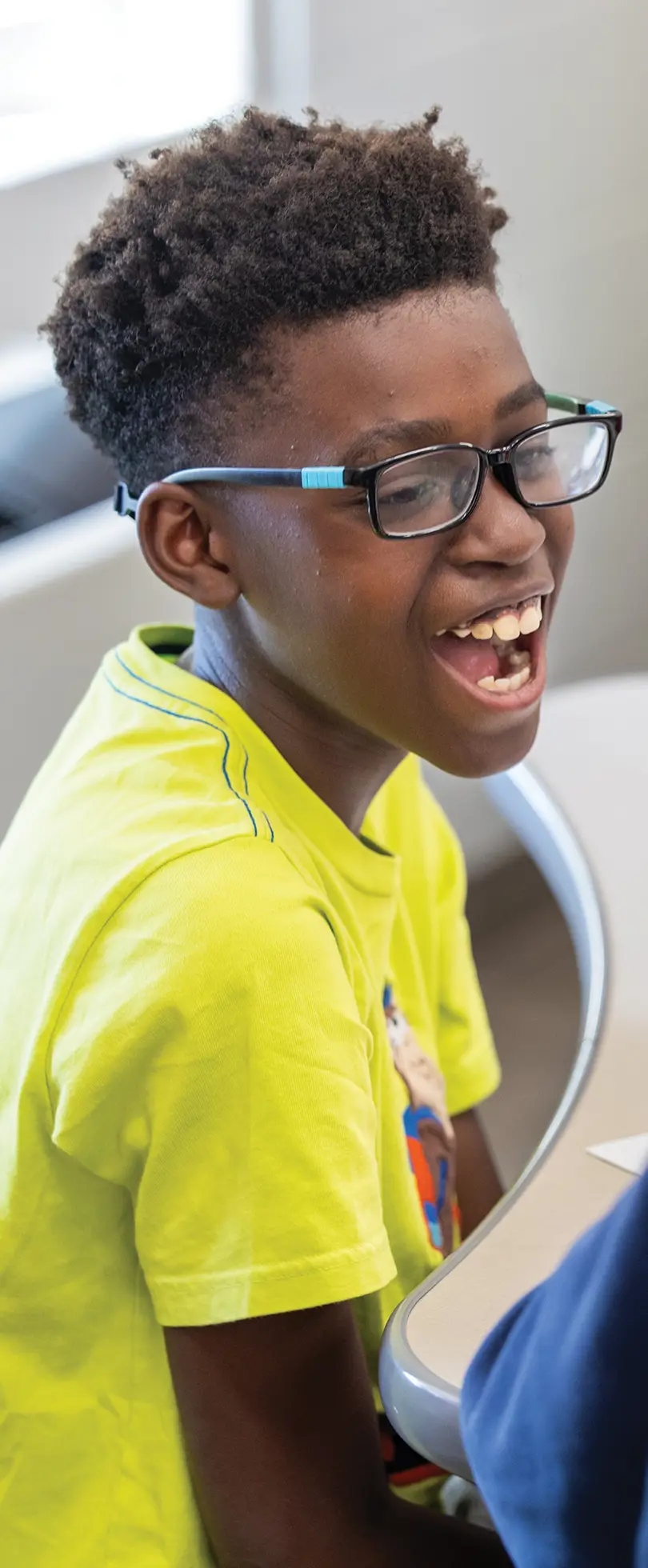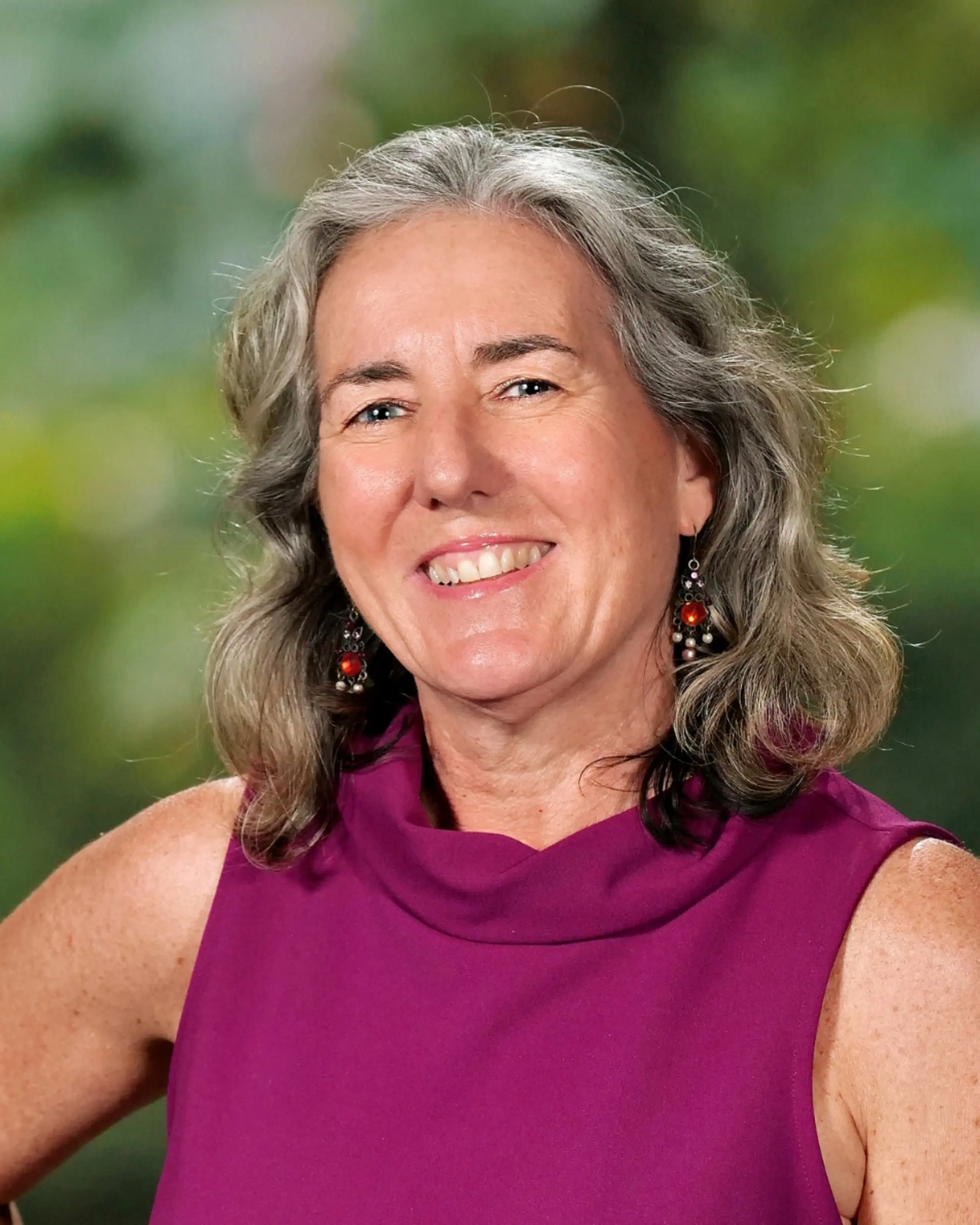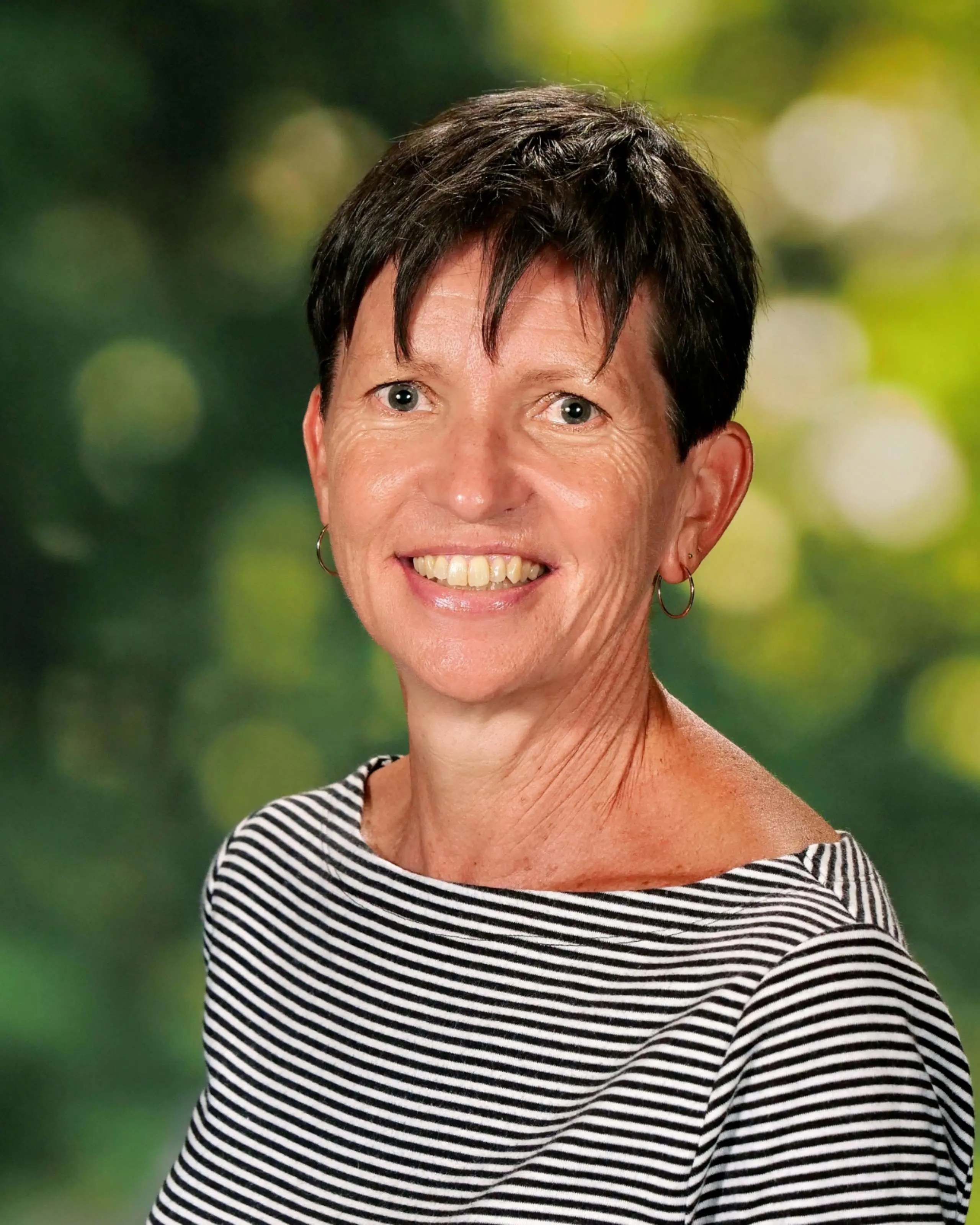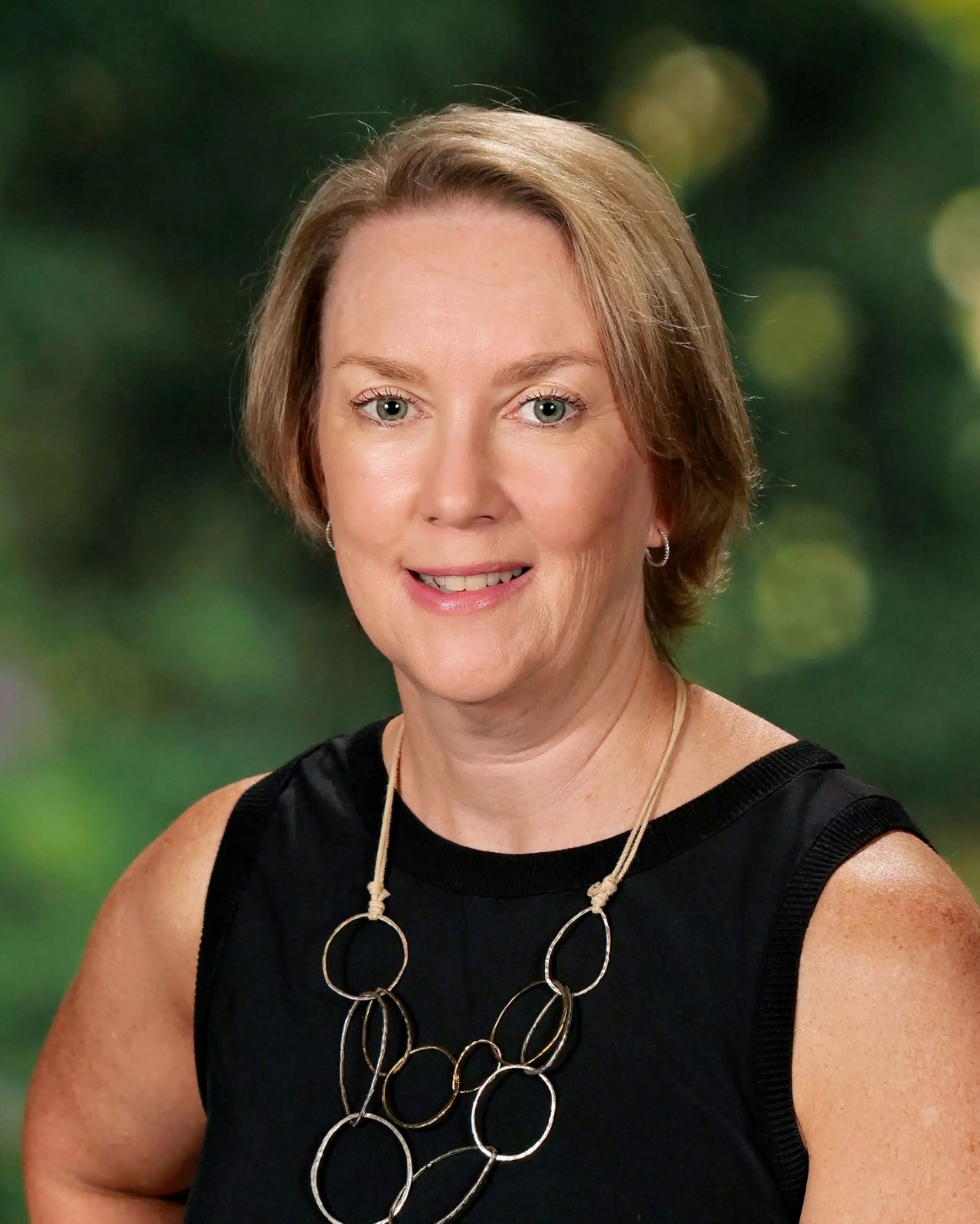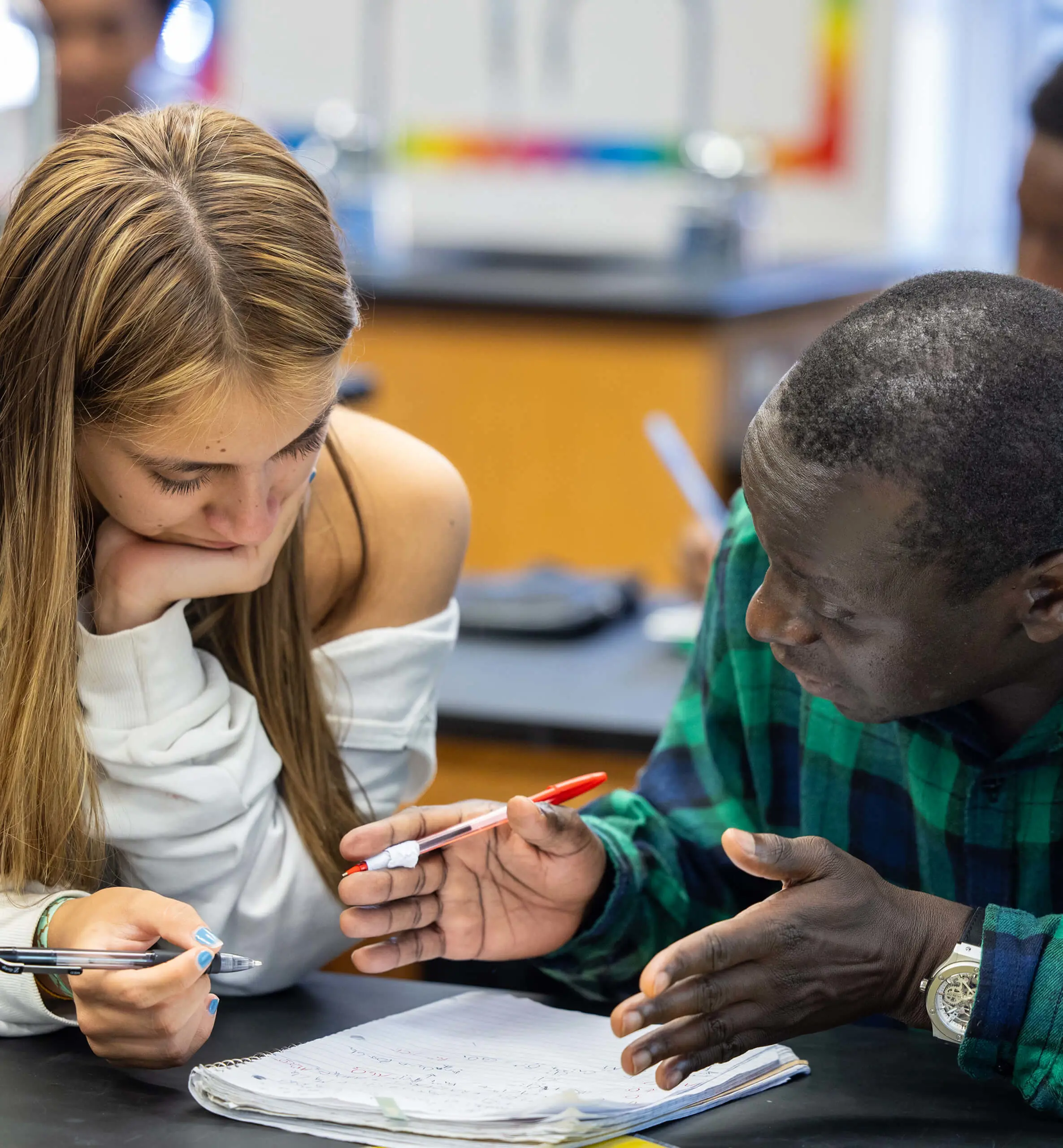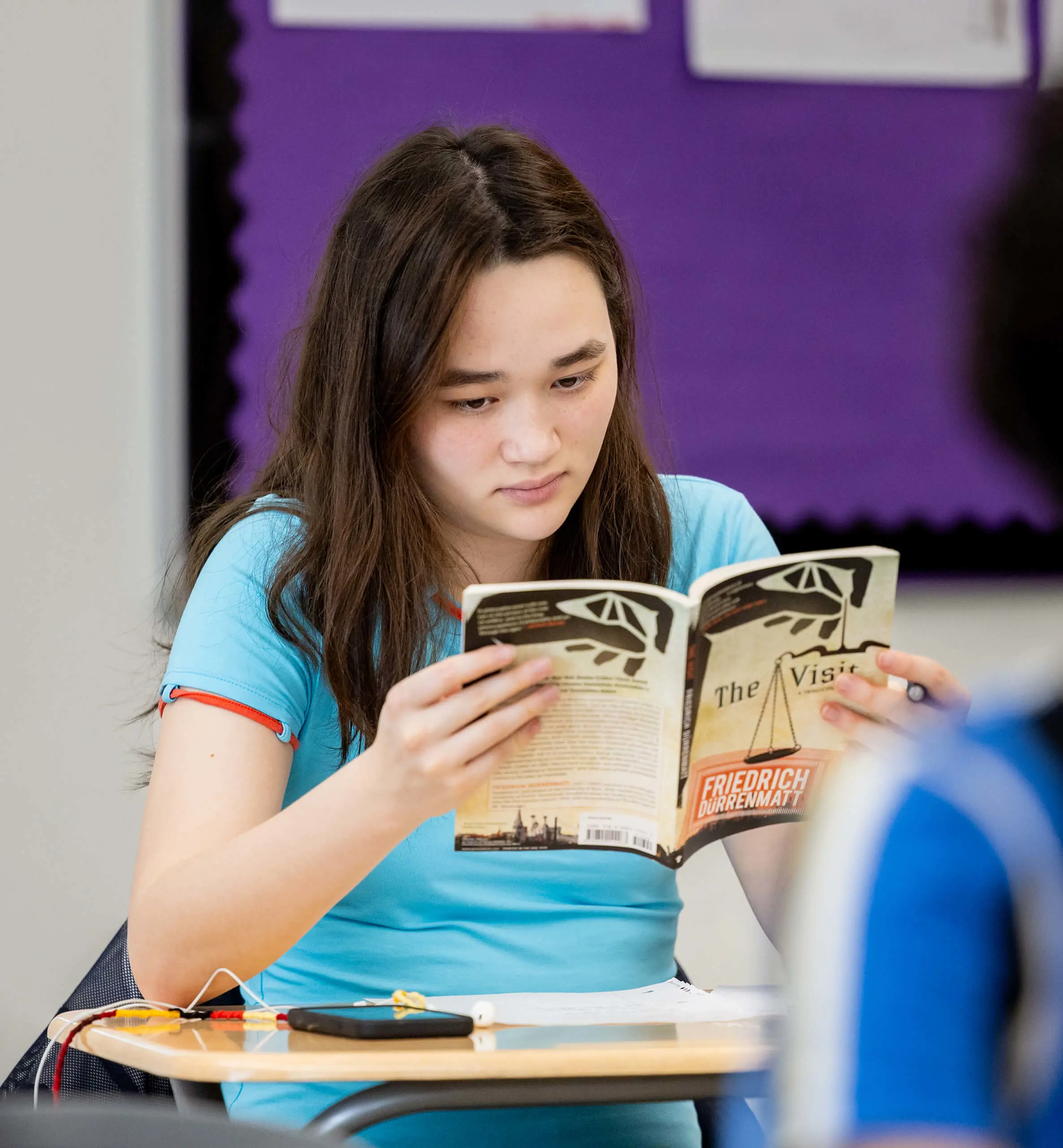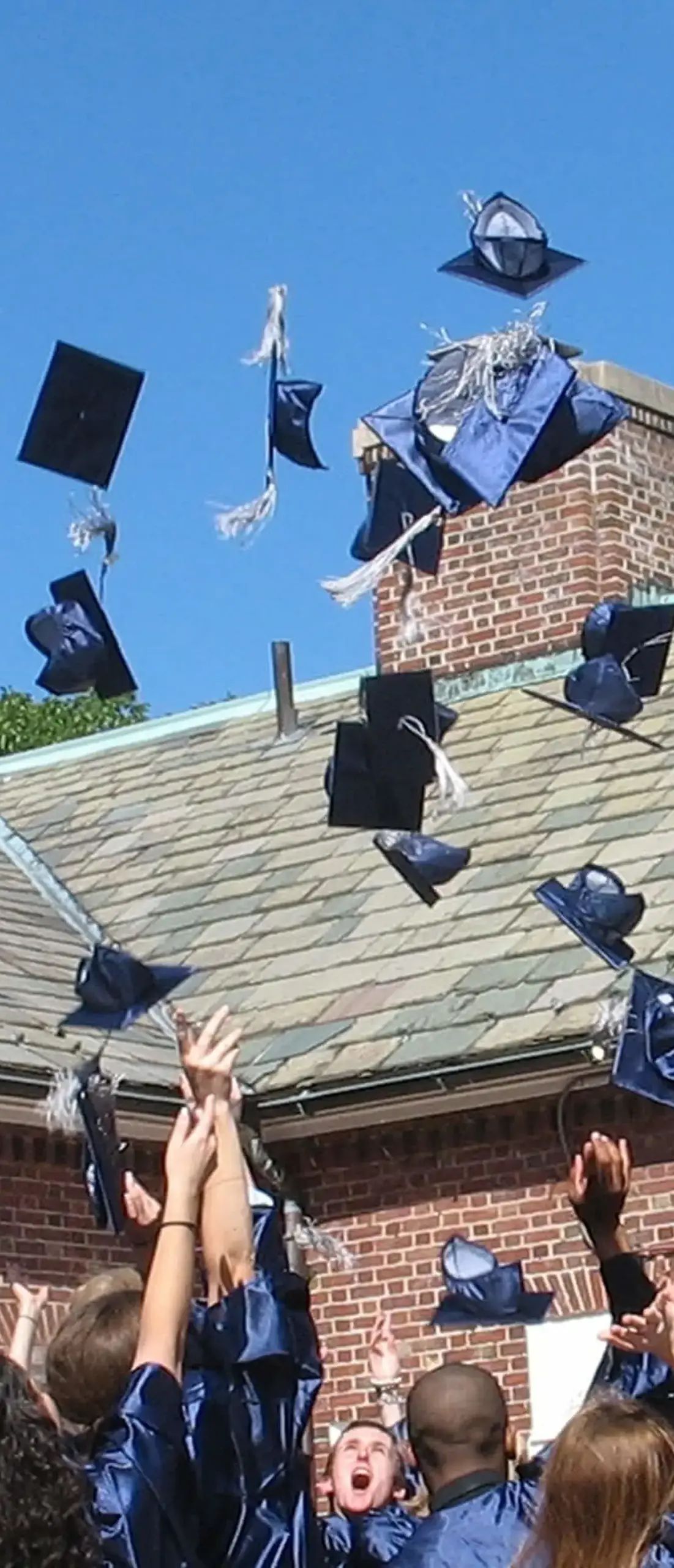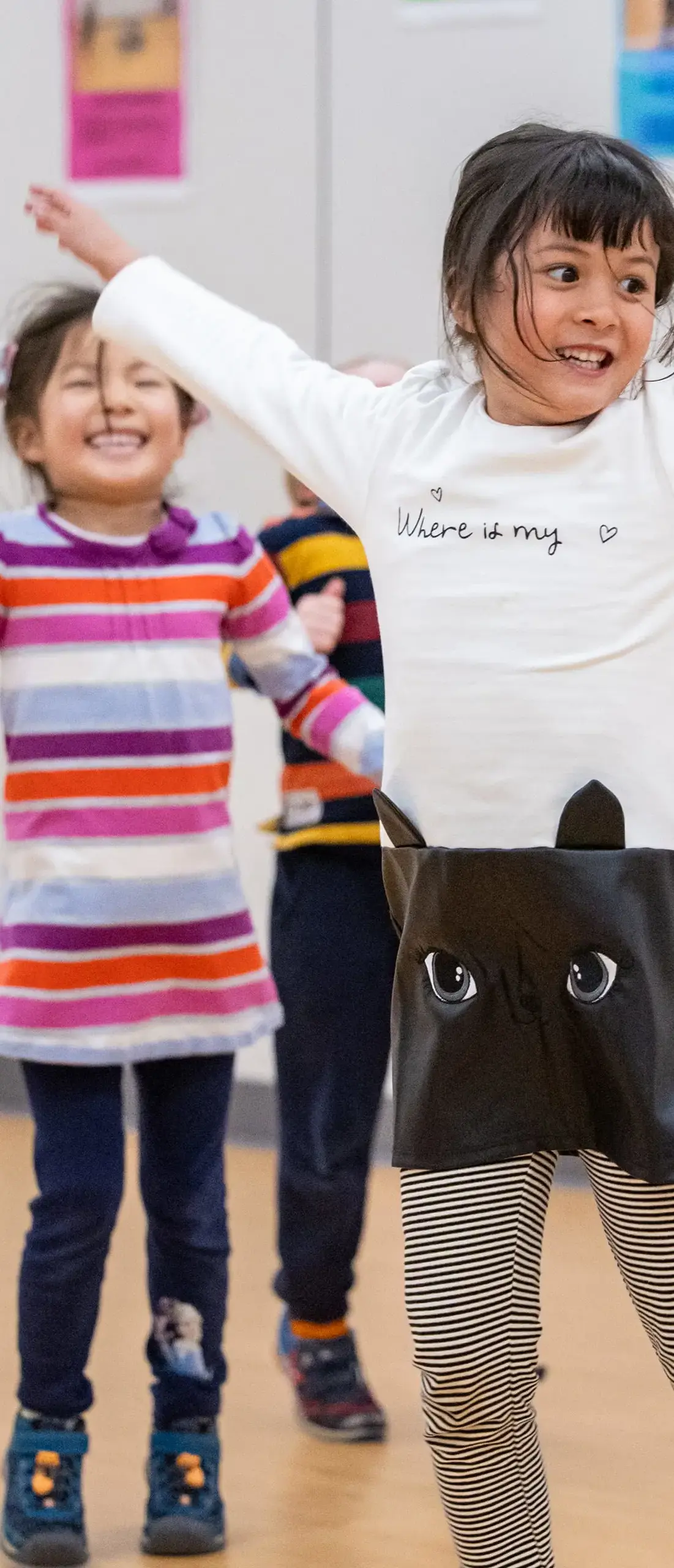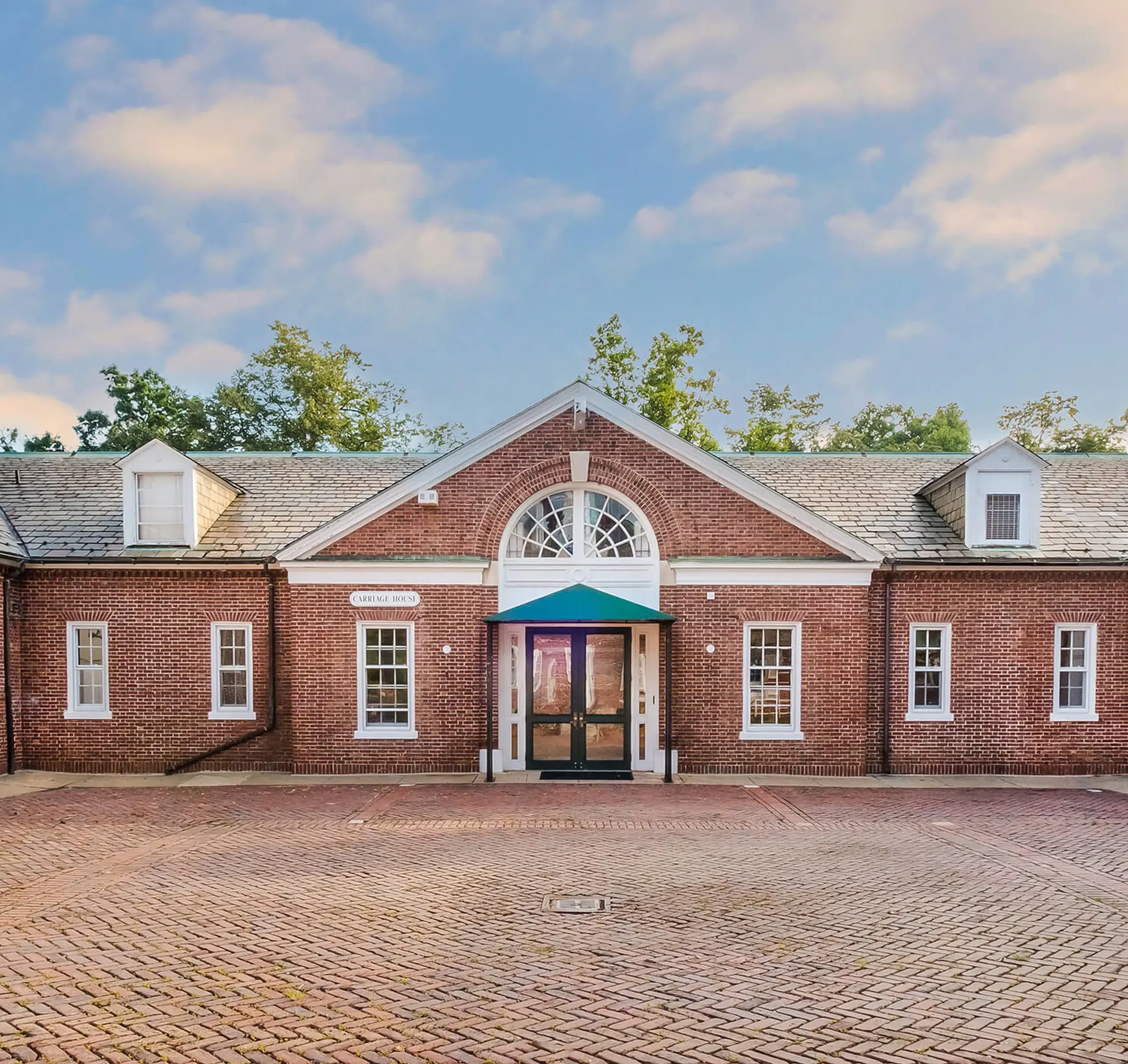FINDING THE RIGHT FIT
The goal of the university counseling office is for students to apply, be accepted, and ultimately attend a college or university where they will be both academically successful and socially comfortable.
Our university counseling team begins working directly with students in Grade 10, helping to guide them in selecting their IB Diploma Program courses and explaining how these choices may impact university admissions. Over the course of Grades 11 and 12, an individual counselor continues to work with each student (and that student’s parents/guardians), defining goals and ensuring students are on track to submit university applications. This personalized and tailored approach is a hallmark of the WIS experience.
While WIS students attend the institutions that are often recognized as the best in the world, we want families to understand that the selection of a university is a personal choice not to be overly influenced by external factors. Families are asked to sign a University Counseling Honor Code to help minimize the anxiety surrounding college application and acceptance.
UNIVERSITY MATRICULATION
WIS publishes a School Profile each year. This document compiles key facts about the Upper School experience and is submitted along with every college application, in order to provide universities with context.
While the IB Diploma Program has become increasingly recognized worldwide, we are sometimes asked how U.S. universities view it. This brief video featuring Stanford University's Assistant Dean of Admission (and parent of a WIS alumnus) offers one perspective.
In the UK, where the IB Diploma Program has been well known for decades, a survey of admissions tutors at selected UK universities yielded interesting results. When asked, “96% favored the broader programme offered by the [IB DP], and 97% were satisfied that IB Diploma students were well prepared for undergraduate courses. 57% thought that the IB Diploma gave students an advantage over A-level students.”
Typically about two-thirds of the graduating class attends universities in the United States, and the other third spread out across the world.


